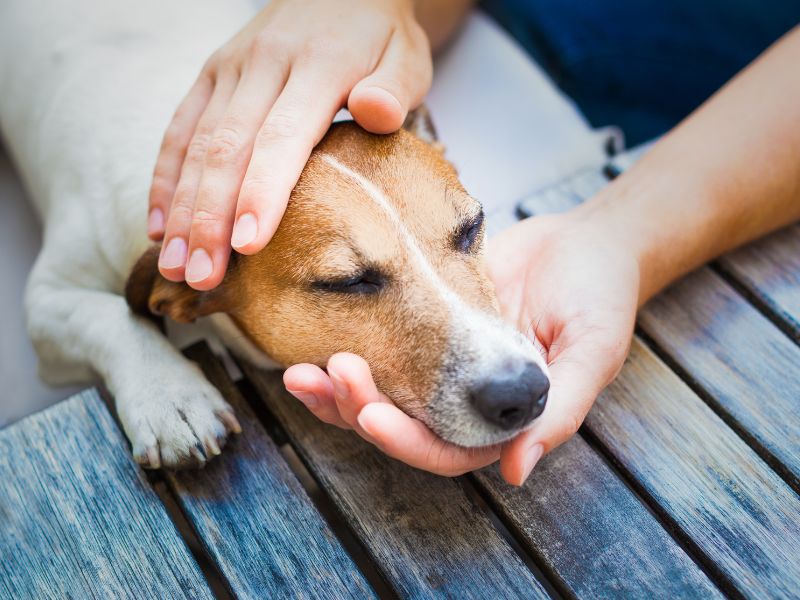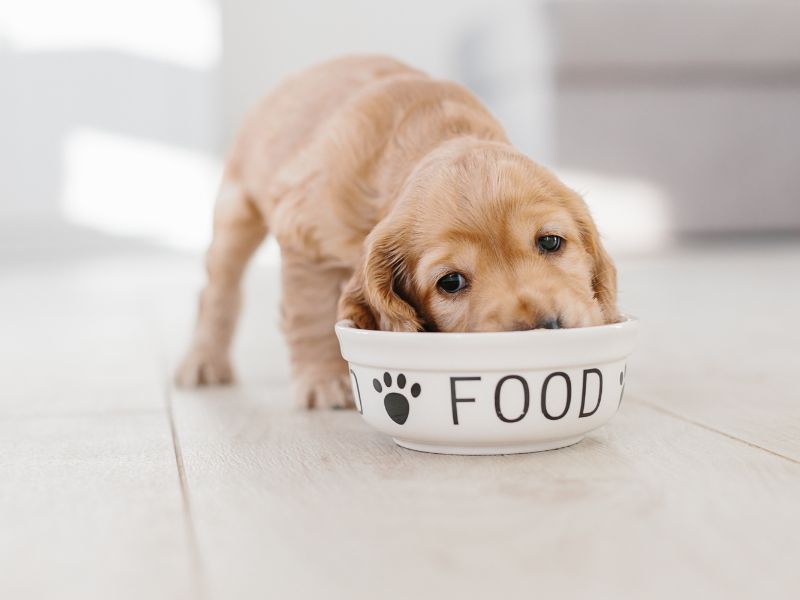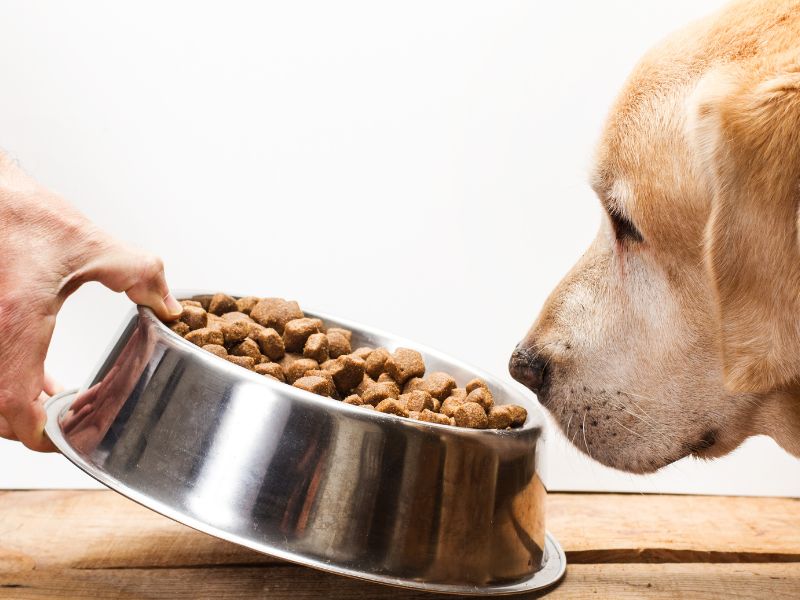It can be frustrating when your dog won’t eat a proper meal at a set time, and gets overly fussy and choosy about their food, especially if you’ve put in a lot of effort to make sure that their food is appetizing and nutritious. If your dog is not eating, it’s important to assess their health and take steps to make their food more appealing. Below, we’ll discuss the reasons why your dog may be refusing to eat, as well as what you can do to get them back on track, and enjoying their meals again.
Understanding Fussy Eating Habits in Dogs
It’s not uncommon for dogs to be fussy eaters, especially if they have been exposed to a variety of different types of food. Dogs are creatures of habit, and like humans, will have favorite foods they prefer, and they may not take kindly to unexpected changes in their diet. As such, it’s important to be aware of your dog’s eating habits, and any changes that may occur over time.
If your dog has suddenly stopped eating, it’s important to work out the reasons, check for any underlying symptoms and fully assess their health. This can help you determine the cause of their lack of appetite and take the necessary steps to get them eating again.
Some Reasons Why Your Dog Is Not Eating
There can be a number of reasons why your dog may be refusing to eat. Some of the most common causes include:
- Stress or anxiety: This can be caused by changes in the environment or routine, or the introduction of a new pet.
- Illness or injury: If your dog is experiencing pain or discomfort, they may be less inclined to eat.
- Medical conditions: Certain medical conditions can lead to a decreased appetite.
- Medication: Some medications can have an effect on your dog’s appetite.
- Nutritional deficiencies: If your dog is not getting enough of the right nutrients, they may not feel like eating.

Assessing Your Dog’s Health
To determine the cause of your dog’s lack of appetite, it’s important to assess their health. Start by taking your dog to the vet for a check-up. During this visit, the vet will be able to run some tests and make sure that there is no underlying condition that is causing your dog to go off their food.
It’s also important to observe your dog’s behavior for any other symptoms of ill-health. If your dog is lethargic or uninterested in their surroundings, this could be a sign of an underlying medical condition.
How To Make Your Dog’s Food Appealing
If your dog is refusing to eat, it may be because their food is not appealing. It’s important to make sure that your dog’s food is as appetizing as possible. Try adding some wet food to their dry food, or adding some tasty toppings such as cheese or cooked eggs. You can also try mixing in some cooked vegetables or canned fish.
It’s also important to make sure that your dog’s food is served at the right temperature. If it’s too hot or too cold, your dog may not be interested in eating.
Special Considerations for Puppies
Puppies are especially prone to fussy eating habits, as they are still learning about different types of food. It’s important to make sure that your puppy is getting the right nutrition, as this can affect their growth and development. Many dog food brands offer options especially adapted for pups, and the vet can also offer advice on a tailor-made diet to suit your pup, to ensure it receives all the goodness it needs to grow healthily.
It is vitally important to ensure that your puppy is getting enough calories. If they are not getting enough calories, their growth may be stymied, and, in extreme cases, they may not have the energy to eat. Try adding some high-calorie treats to their diet, such as cooked meat or cheese.

See Also: Is Rice Water Good for Dogs?
And: How Can I Tell If My Dog is Pregnant?
What To Do When Your Dog Is Going Hungry
If your dog is not eating at all, it’s important to take action. A dog can go without food for a few days, but any longer than that and it could have serious consequences. If your dog is going hungry, it’s important to take them to the vet as soon as possible. A visit to the vet is urgent at this point.
Your vet can run some tests and determine the cause of your dog’s lack of appetite. In some cases, the vet may prescribe medication to help stimulate your dog’s appetite.
Conclusion
It can be frustrating when your dog won’t eat, but it’s important to assess their health and take steps to make their food more appealing. If your dog is refusing to eat, it’s important to take them to the vet as soon as possible. The vet can run some tests and determine the cause of your dog’s lack of appetite.
Once you have identified the cause of your dog’s fussy eating habits, you can take steps to make their food more appealing. Try adding some wet food to their dry food, or adding some tasty toppings such as cheese or cooked eggs. You can also try mixing in some cooked vegetables or canned fish.
It’s also important to make sure that your dog is getting enough calories. If they are not getting enough calories, they may not have the compulsion or energy to eat. Try adding some high-calorie treats to their diet, such as cooked meat or cheese.
If you are still having trouble getting your dog to eat, it’s important to consult your vet. They can provide advice on how to get your dog back on track and enjoying their meals again.
With the right approach, you can help your fussy dog overcome their lack of appetite and enjoy their meals once again.

